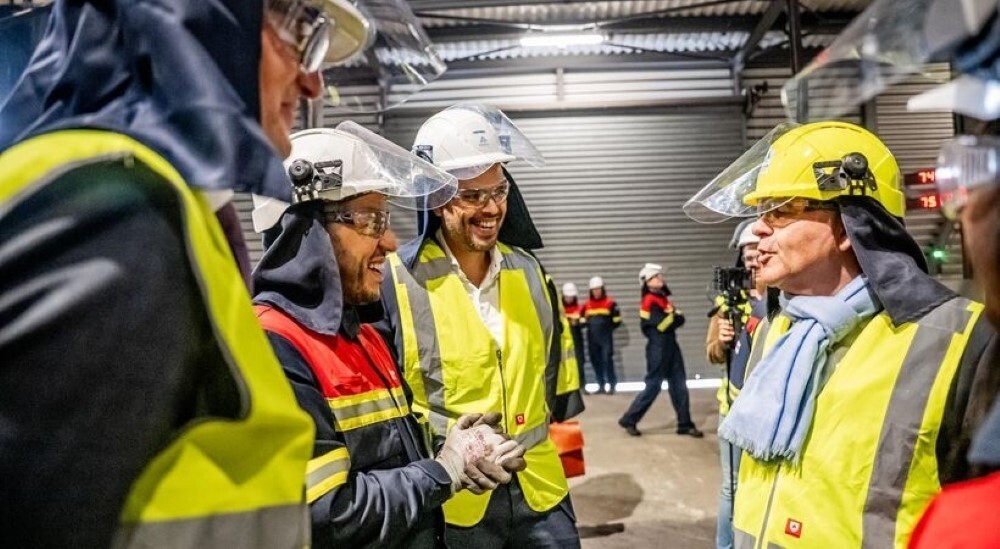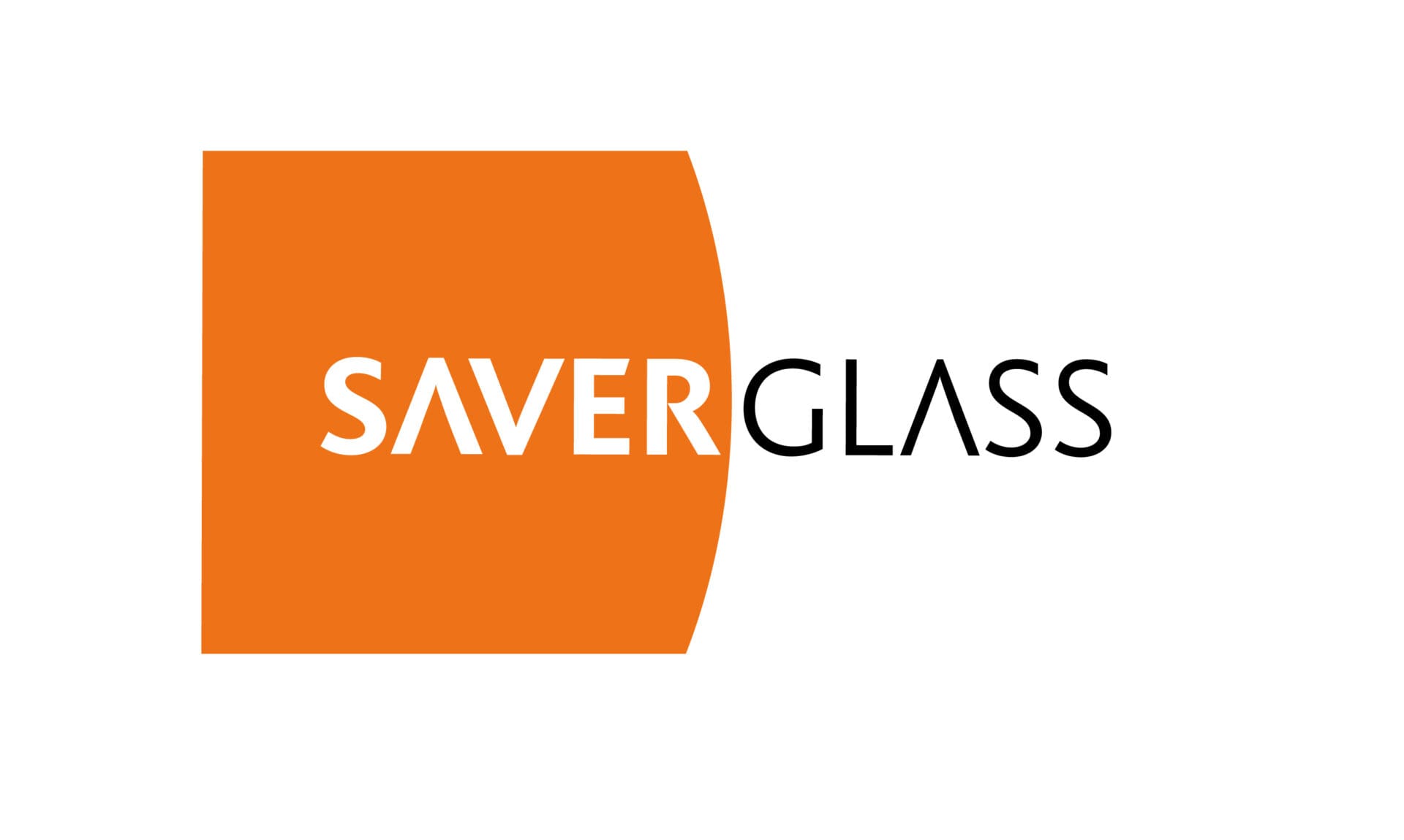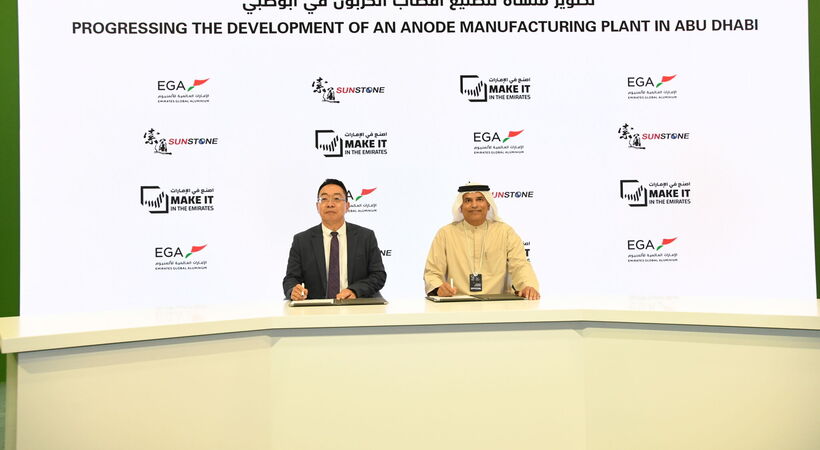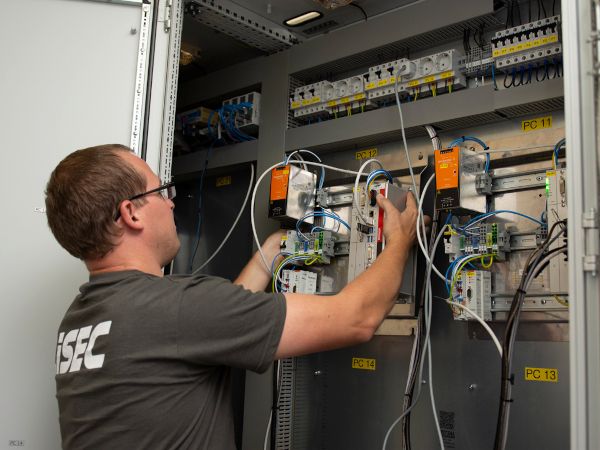Aluminium Dunkerque, a leading European primary aluminium producer, is marking a significant advancement in sustainable metal production with the inauguration of its new Furnace 8. This state-of-the-art melting furnace is specifically designed for aluminium recycling, representing a substantial step towards a more circular economy within the industry.
This strategic investment allows Aluminium Dunkerque to process 7,000 tonnes of aluminium scrap annually, contributing to an additional 20,000 tonnes of low-carbon aluminium output each year. This initiative is a cornerstone of Aluminium Dunkerque’s broader commitment to supporting France’s reindustrialisation efforts and reducing reliance on higher-carbon aluminium imports. By enabling on-site scrap processing, Furnace 8 is projected to reduce CO2 emissions by 10 per cent of the ingots produced, resulting in an annual reduction of 25,000 tonnes of CO₂.
Guillaume de Goÿs, CEO of Aluminium Dunkerque, highlighted the national significance of this development, stating, “Each year, France still exports nearly 500,000 tonnes of aluminium scrap that could be processed domestically. By enabling on-site processing, Aluminium Dunkerque strengthens national sovereignty in critical metals while reducing greenhouse gas emissions.”
Complementing the launch of Furnace 8, Aluminium Dunkerque has also solidified its long-term energy strategy by signing a Memorandum of Understanding (MoU) with EDF on May 15th. This MoU paves the way for a comprehensive 10-year electricity supply agreement. The agreement, signed by Mr. de Goÿs and Marc Benayoun, EDF’s Group Senior Executive Vice-President for Customers & Energy Services, during the Furnace 8 inauguration at the Loon-Plage site, is crucial for powering the new recycling furnace and securing a significant portion of Aluminium Dunkerque’s future electricity needs. This partnership underscores EDF’s commitment to supporting key industrial players in their sustainable growth journeys and is backed by the France 2030 plan. The agreement, effective January 1, 2026, also offers Aluminium Dunkerque the option to access low-carbon power through nuclear origin guarantees, further aligning with its decarbonisation goals.
Furnace 8 represents more than just increased capacity; it embodies a commitment to efficiency and environmental responsibility. It is expected to save 96 GWh of electricity annually, a notable achievement in energy efficiency. The project also contributes positively to the local economy by creating eight new jobs.
Equipped with cutting-edge technology, Furnace 8 boasts an impressive output of 10 tonnes per hour. Its high-efficiency oxy-fuel burners utilize a mixture of natural gas and oxygen to significantly lower emissions during the melting process. Furthermore, an internal industrial water recycling loop ensures zero overuse of water resources, demonstrating Aluminium Dunkerque’s dedication to responsible resource management.
The low-carbon aluminium alloys produced by Furnace 8 are specifically targeted towards the automotive industry, a sector increasingly focused on reducing its environmental footprint across the entire supply chain. Through this initiative, Aluminium Dunkerque is playing a vital role in driving cleaner mobility from the initial stages of material production.
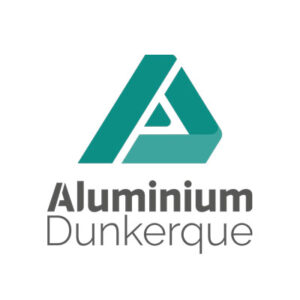
With the integration of Furnace 8, Aluminium Dunkerque is now better positioned to offer customers increased volumes of recycled aluminium with a significantly reduced environmental impact, directly contributing to the industry’s broader decarbonisation efforts. As France’s last major primary aluminium plant, Aluminium Dunkerque holds a strategically important position within the national industrial landscape, specializing in the production of high-quality slabs and ingots. The launch of Furnace 8 and the strategic energy partnership with EDF are pivotal steps in Aluminium Dunkerque’s journey towards a more sustainable and domestically resilient future.
Source: Aluminium Dunkerque with additional information added by GlassBalkan
